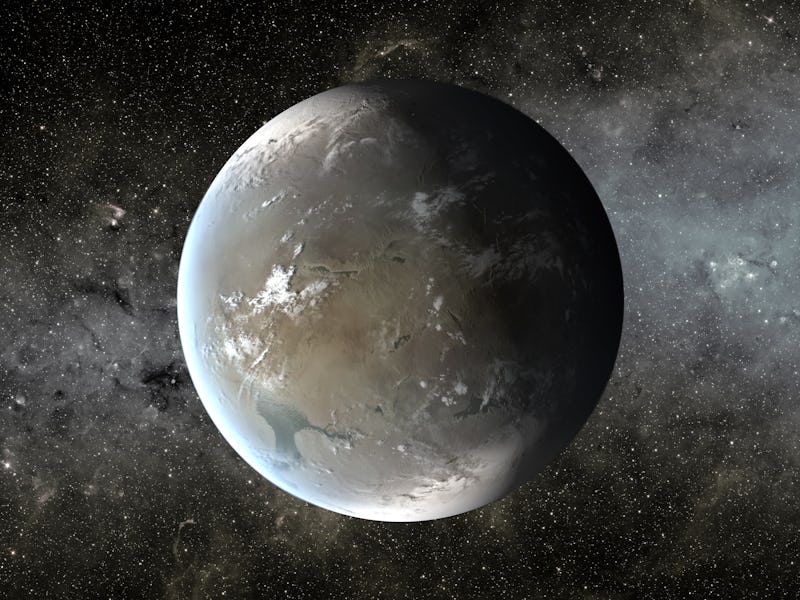NASA Knows Astrobiology Will Be a Multigenerational Effort

Astrobiology is essentially the study of the origin of life in the universe — be it here on Earth or other worlds far away — and NASA knows that it’s going to take a while.
Earlier this month, the journal Astrobiology published The Astrobiology Primer 2.0, a guide to everything we know about the field and the follow-up to an original released a decade ago. Dr. Penelope Boston, Director of the NASA Astrobiology Institute, told Astrobiology that the field was “a fundamentally multi-generational enterprise” in addition to a multi-disciplinary one. The emphasis, then, is to train bright young minds early on to understand and navigate through understanding and predicting how life in other places could arise.
The first Astrobiology primer was published in 2006, aiming to explain to people unfamiliar with the subject just what exactly the field was trying to do. It stated that natural selection was the lone force responsible for evolution and touched on pretty much every scientific field, from paleontology to molecular biology to chemistry to space biology.
In the decade since, the field has been marked by an increase in funding. In keeping with a lot of the dialogue around space travel as the Mars missions get closer and closer, the new primer focuses a lot on the possibility of exploring other potentially habitable worlds — and, accordingly, what we can learn from our own biosphere.